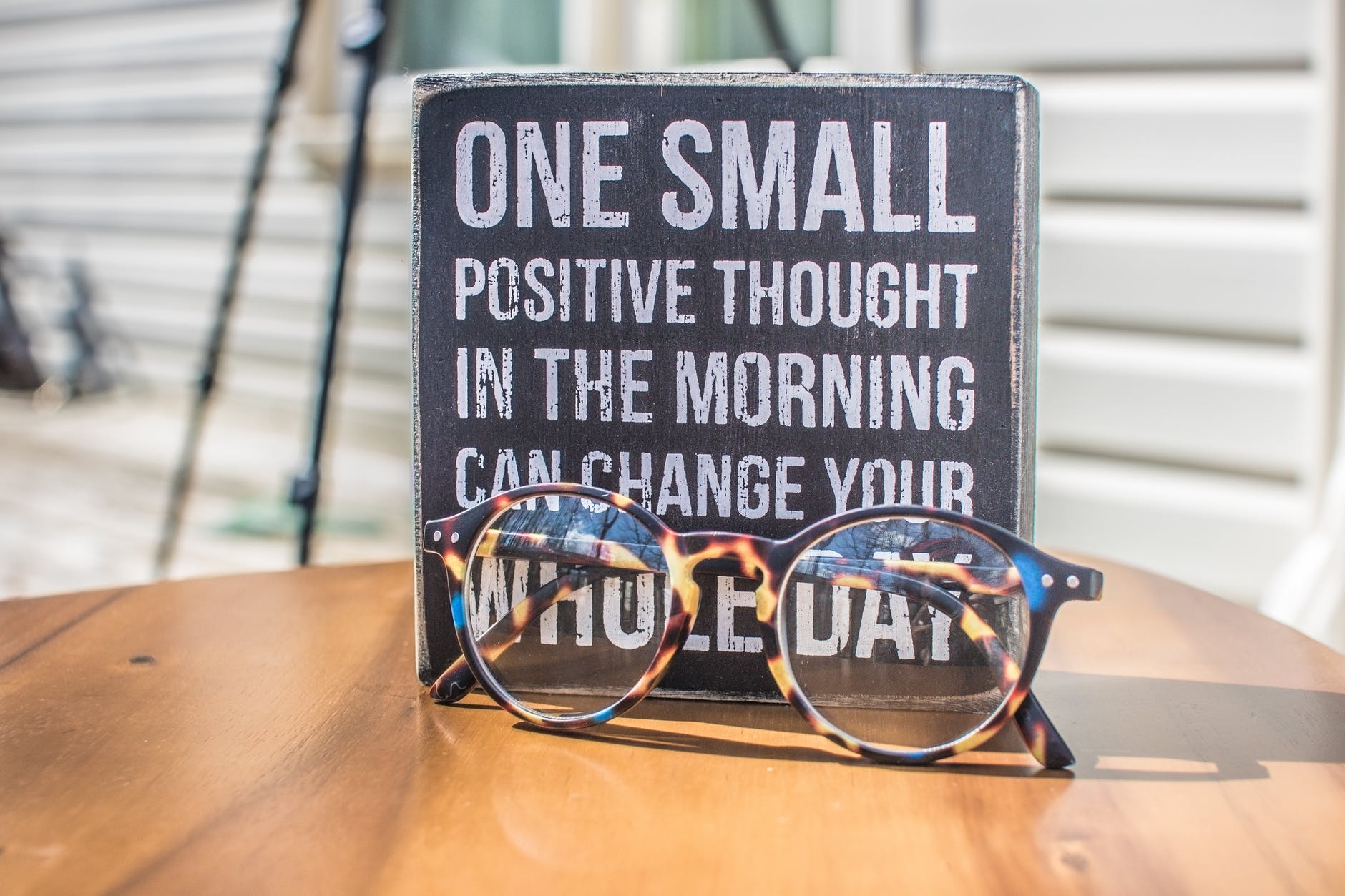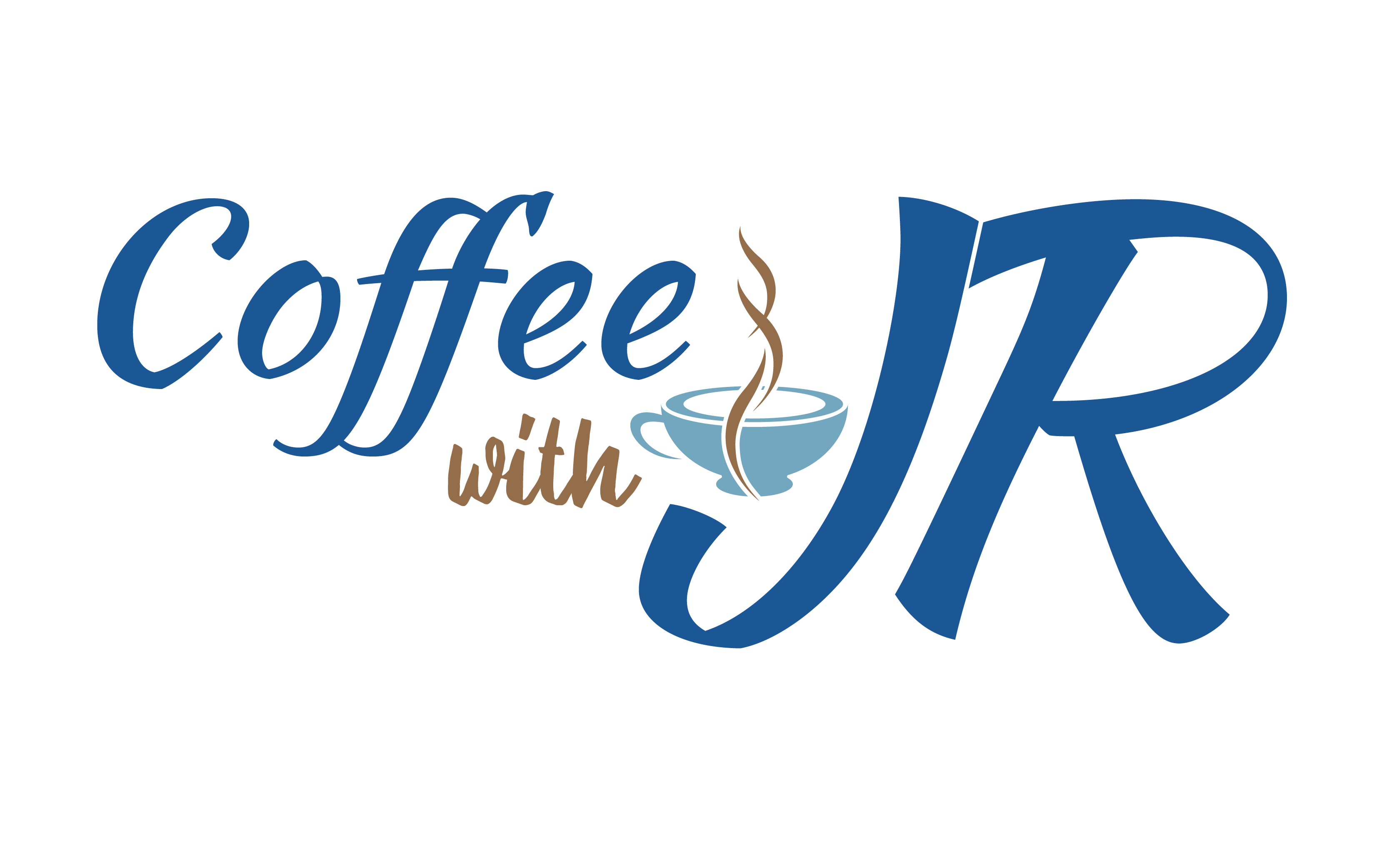
This post contains affiliate links, meaning, if you click through and make a purchase or sign up for a program, I may earn a commission. This is at no additional cost to you.
“You can begin to make anxiety work for you instead of against you by focusing on one factor that you have control over of — you.” — Zigler on Selling, Zig Zeigler
It is common to experience losses, setbacks or discouraging news. It is also common to feel hurt by events or circumstances and to spend an inordinate amount of time trying to figure out or fix things. This anxiousness can be consuming, causing more stress, stealing our energy and focus. About 40 million (18.1%) U.S. adults are affected by some forms of anxiety disorders. The good news is that anxiety disorders are highly treatable and preventable.
How I help myself stay positive and prevent anxiety is by involving myself in a constant State of Positive Mind. In the past, it would usually take me a week or two to get over a setback. What I didn’t know was instead of wanting to figure it all out, I needed to change the state of mind that I was in. Once I realized this, the recovery time was shorter. I would allow myself to process the setback and pain, not getting stuck in negativity or thoughts of failure and inadequacy. Instead of being discouraged or psychologically beaten down to the point of giving up, blaming myself, and blaming others, I would constantly remind myself of the purpose of my life, the lifestyle that I am building now and for the future, and appreciate all the past accomplishments that I have achieved. When I am in this constant State of Positive Mind, I am able to bounce back faster, stay positive, pick up where I left off, keep living the fulfilled lifestyle that I have, and continue building my future.
I am able to be in this constant State of Positive Mind by practicing these two mental exercises that I’ve incorporated into my daily routine. I practice these exercises during non-crisis times of my life and especially during periods of recovering from a setback or loss.
The first exercise is Remember that Feeling of the Future – Knowing my goals and outcomes, I imagine myself meeting my goals and remind myself of the feeling of achieving the results. Remembering the results, for instance, I visualize myself as a badass mental health speaker sharing my stories in front of thousands of people or during one-on-one coaching, knowing my story can help and improve someone else’s mental health, which is a very powerful feeling. Not only am I visualizing these outcomes, but I allow myself to feel them. It’s like I am already living and accomplishing my goals. This feeling is so powerful that it lifts my spirit up, reminds me of the importance of my purpose, and shifts my focus away from negative thoughts to positive possibilities.
The second exercise is Remember that Feeling from the Past – I do this by feeling and remembering my past accomplishments, all the good and happy experiences that I have experienced in my life. For example, reminding myself of the 14,000 ft. peaks I have climbed in Colorado where I live, remembering the awesome feeling of reaching the summit. Or, the amazing 1-day corporate training on Diversity and Inclusivity I taught for a multinational company in August. I still can remember the deep conversations I had with the participants and the connections that I built. Also, it can be the little things in my life, such as the beautiful parks where I take my dog to go play, or the cool neighborhood restaurant that just opened up, and the clean running water in my apartment.
Focusing on past good experiences and future excitement, I believe a person can develop a constant State of Positive Mind, instead of putting meaning into meaningless things and focusing on the bad experiences or things that are beyond our control. You are what you focus on. The more you focus on your successes, good experiences, a feeling of future excitement, the better you can improve your mental health. Creating a lifestyle that has different healthy routines, living a more fulfilled life, involves bringing attention to your current state of mind and building a healthy habit of not overreacting to everything.
Moments like these are available constantly throughout the day. I practice these two mental exercises either during my daily meditation, at breaks between my work, in my car before heading into a meeting, or walking my dog. By taking a couple of minutes to remember and to feel helps me to be motivated, creates focus and builds my confidence. Ultimately, it helps me to slow down to remember and to feel my future and my past, the best in these two things.
Interested in learning how to practice these two mental exercises? I am more than happy to show you.

Recent Comments